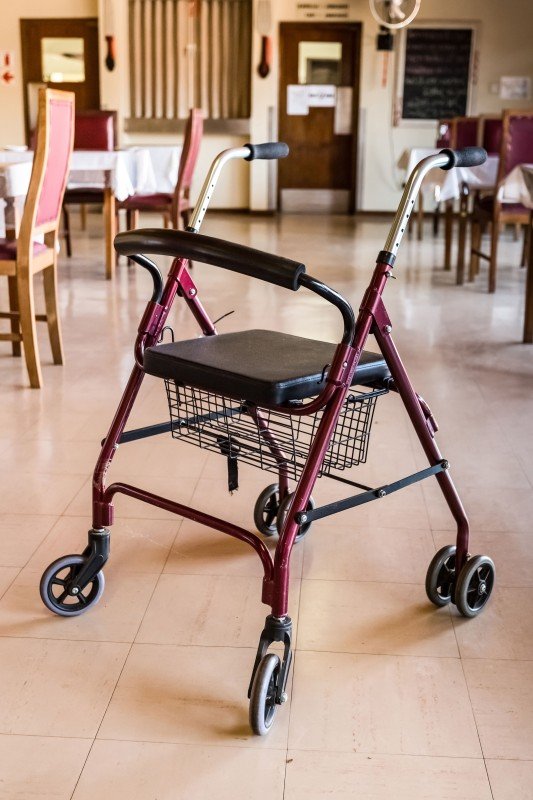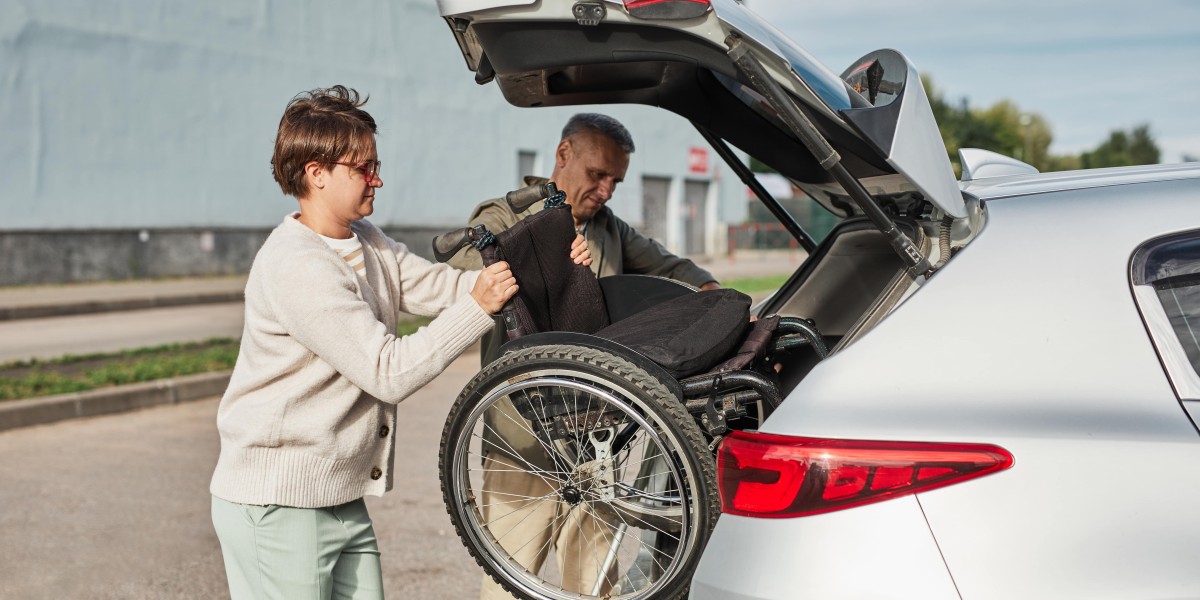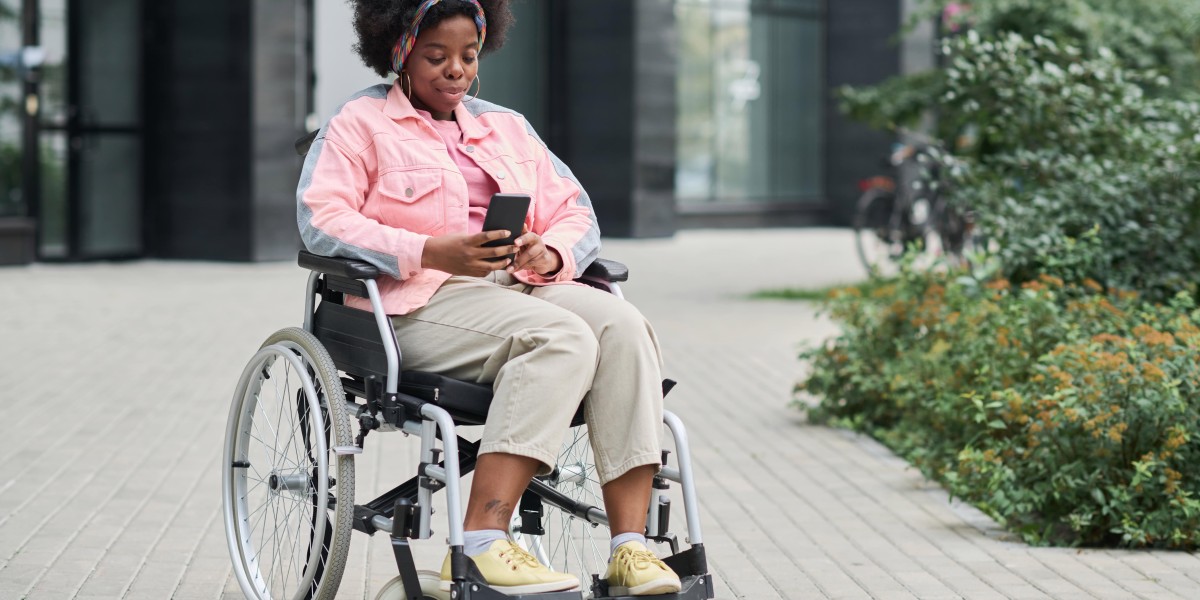Navigating the World of Mobility Scooters in the UK
Mobility scooters have ended up being an important tool for lots of in the United Kingdom, providing a useful and dignified solution for people with mobility concerns. These scooters not just boost the lifestyle for their users but also offer a sense of independence and freedom. This comprehensive guide aims to provide an introduction of mobility scooters in the UK, including their advantages, types, acquiring considerations, and maintenance ideas.
Introduction to Mobility Scooters
A mobility scooter is a battery-powered lorry developed to assist people with strolling troubles or minimal mobility to walk around more quickly. Unlike manual wheelchairs, which require significant physical effort, mobility scooters are simple to operate and can be utilized both inside your home and outdoors. They are especially helpful for older adults and individuals with impairments, permitting them to take a trip longer distances and browse various terrains with ease.

Advantages of Mobility Scooters
Independence and Freedom
- Mobility scooters empower users to travel independently, reducing the need for help from others.
- They can be utilized for daily activities such as shopping, visiting buddies, or participating in social occasions.
Cost-efficient
- While there are initial costs, mobility scooters can be an economical option to other mobility help, specifically over time.
- Numerous models are available for rent or lease, offering flexibility for users with varying needs.
Convenience and Safety
- Scooters are developed with ergonomic seats and adjustable features to ensure comfort during extended periods of usage.
- Security features such as lights, horns, and braking systems boost user self-confidence and security.
Social Inclusion
- By making it possible for people to take part in community activities, mobility scooters promote social inclusion and lower feelings of isolation.
Health Benefits
- Regular usage of a mobility scooter can help maintain physical health by motivating users to remain active and engaged.
Types of Mobility Scooters
Mobility scooters in the UK be available in different types, each created to cater to different needs and choices:
Class 2 Scooters (Pavement Scooters)
- Speed: Up to 4 miles per hour
- Usage: Designed for usage on pavements and within indoor spaces
- Benefits: Compact and lightweight, perfect for brief ranges and daily errands
Class 3 Scooters (Road and Pavement Scooters)
- Speed: Up to 8 mph on roads and 4 mph on pavements
- Usage: Suitable for longer journeys and can be used on both roads and pavements
- Advantages: More robust and capable of handling different surfaces, consisting of rough surfaces and inclines
Off-Road Scooters
- Speed: Varies, however typically higher than Class 2 and Class 3 scooters
- Usage: Designed for off-road usage, including parks, trails, and uneven surfaces
- Advantages: Enhanced sturdiness and traction, ideal for adventurous users
Travel Mobility Scooters
- Speed: Varies, but normally as much as 4 mph
- Usage: Portable and simple to dismantle for transportation
- Benefits: Perfect for users who take a trip frequently and need a portable option
Purchasing Considerations
When buying a mobility scooter, a number of factors should be thought about to make sure the very best fit for the user's requirements:
User's Physical Condition
- Weight Capacity: Ensure the scooter can support the user's weight.
- Height and Reach: Choose a design that is adjustable to fit the user's height and reach conveniently.
Planned Use
- Indoor/Outdoor: Determine if the scooter will be utilized primarily inside your home, outdoors, or both.
- Surface: Consider the kind of terrain the user will navigate, including any hills or rough surfaces.
Battery Life and Range
- Battery Type: Lithium-ion batteries are generally more efficient and longer-lasting than lead-acid batteries.
- Variety: Check the scooter's variety to ensure it meets the user's daily travel requirements.
Safety Features
- Brakes: Look for scooters with trustworthy braking systems.
- Lights and Horns: Essential for exposure and alerting others.
Warranty and Customer Support
- Service warranty: Ensure the scooter features a thorough service warranty.
- Consumer Support: Choose a credible maker with great customer support and assistance.
Maintenance and Safety Tips
Appropriate upkeep is crucial to guarantee the longevity and security of a mobility scooter:
Regular Battery Checks
- Charging: Always keep the battery charged to avoid deep discharge.
- Cleaning: Keep the battery compartment clean and totally free from dirt and moisture.
Tire Maintenance
- Inflation: Regularly check and keep proper tire pressure.
- Examination: Inspect tires for wear and damage, replacing them as needed.
Tidy and Lubricate
- Cleaning: Wipe down the scooter regularly to keep it devoid of dirt and gunk.
- Lubrication: Lubricate moving parts to avoid rust and ensure smooth operation.
Security Checks
- Brakes: Test the brakes frequently to ensure they are functioning correctly.
- Lights and Horns: Check that all security features are functional.
Follow Manufacturer Guidelines
- Manual: Refer to the user manual for particular maintenance guidelines.
- Service: Schedule routine service checks with a certified service technician.
Frequently Asked Questions (FAQs)
Can anybody utilize a mobility scooter?
- No, just people with a medical requirement or disability are eligible to utilize a mobility scooter on public roadways and pavements in the UK. Nevertheless, they can be used by anyone on personal residential or commercial property.
Do I require a license to drive a mobility scooter?
- No, a license is not required to use a Class 2 or Class 3 mobility scooter. However, users should be over 14 years old and have a real requirement for the scooter due to a disability or medical condition.
How quick can a mobility scooter go?
- Class 2 scooters have a maximum speed of 4 miles per hour, while Class 3 scooters can reach up to 8 mph on roadways and 4 mph on pavements.
Can I take a mobility scooter on public transport?
- Some public transport, such as trains and buses, might permit mobility scooters, however it depends upon the specific service and the size of the scooter. It's best to contact the transport service provider ahead of time.
What is the life expectancy of a mobility scooter?
- With appropriate maintenance, a mobility scooter can last a number of years, typically between 5 and 10 years.
Can I get monetary support to buy a mobility scooter?
- Yes, financial support might be available through the Disabled Facilities Grant (DFG), local authorities, or charitable companies. Additionally, some insurers might cover part of the expense.
Mobility scooters are a valuable help for people with mobility issues in the UK, offering a range of take advantage of increased independence to improved social participation. By thinking about the user's requirements, the intended usage, and the scooter's features, one can choose the best model to improve their quality of life. Routine maintenance and adherence to security standards are vital to make sure the scooter stays a dependable and safe mode of transportation. For those who qualify, monetary assistance may be available to make the purchase more cost effective. Whether for daily usage or periodic trips, a mobility scooter can considerably improve the user's capability to navigate the world with confidence and ease.
Additional Resources
- Mobility Aids UK: A detailed directory of mobility help and scooters.
- NHS Choices: Information on mobility scooters uk [https://www.meredithsutton.top/health/cruising-in-comfort-the-ultimate-guide-to-mobility-scooters] help and financial assistance.
- Disability Living Allowance (DLA): Guidance on looking for financial backing for disability-related expenditures.
By checking out these resources and considering the points laid out in this guide, individuals can make an informed decision about buying and using a mobility scooter in the UK.







